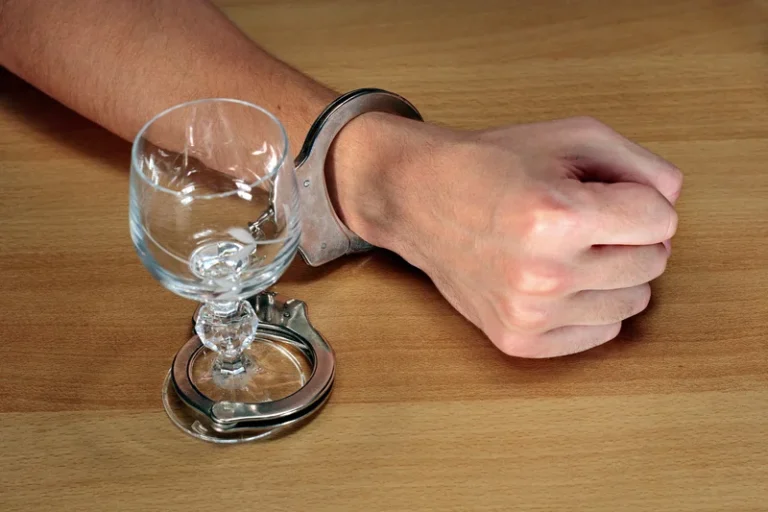
Try bland foods that are easy on your stomach, like toast and crackers, and drink some juice. Many of these disturbances of the body’s natural physiology persist the next day, long after the alcohol is gone. Dehydration plays a significant role, as does acetaldehyde. Effects on hormones, blood chemistry, the sleep-wake cycle and inflammatory chemicals are also important in the thoroughly lousy feeling we have come to know as a hangover.
- But the Siberian type isn’t the ginseng used in Chinese medicine.
- Most people are well aware of the presence of headache, malaise, diarrhea, loss of appetite, tiredness, nausea and sensitivity to light, sound and motion the day after binge drinking.
- Read on to learn more about what congeners are, which drinks to avoid, tips for recovery, and more.
General Health
One of the easiest and most effective ways to treat a hangover is to hydrate with water or an electrolyte drink. For best results, you will want to hydrate before you start drinking, while you’re drinking and afterwards. If you focus on moderation, stay hydrated, eat a healthy-sized meal, and drink slowly, you should be fine. But if you find yourself feeling miserable the next morning, drink some water, take an aspirin if you need one, crawl back into bed to catch up on sleep, and, above all, be patient. Down another drink the next morning, and you’ll hold off the glutamate all over again.
About Medical News Today
The length and severity of a hangover can vary from person to person. Age can play a role in the duration of a hangover, as the liver can slow as a person ages. This means it is difficult to predict the number of drinks or the amount of alcohol that will cause a hangover.

From Mayo Clinic to your inbox
If you have a hangover, it will take time for the headache to completely go away, but there are certain measures you can take to relieve its severity. With alcohol ingestion, the effects on the liver are generally long term effects that are not noticeable until years of liver damage have caused liver failure. In some instances, however, delayed short term effects can be symptomatic. While there are differences in how people experience hangovers, these differences are not understood and are not related to resilience or alcohol tolerance.

The extract has a protein that curbs the inflammation you can get from drinking too much. Only a couple of studies have been done, which is far from proof that this hangover remedy works. But if you can find Korean pear juice at your local supermarket, it doesn’t hurt to try a glass before you go out drinking. While you wait for your hangover to end, try to rest and drink plenty of hydrating fluids. Hangover-related nausea usually resolves within 24 hours.
- Korean pear (Asian pear) juice is an old-school hangover remedy.
- This means it is difficult to predict the number of drinks or the amount of alcohol that will cause a hangover.
- An anti-inflammatory drug called tolfenamic acid has been shown to be somewhat helpful when taken during alcohol consumption.
- Often, intravenous (IV) fluids can help alleviate the symptoms.
- A hangover is unpleasant, but symptoms tend to go away within a day or so.
The extra calories consumed often become converted into fat. Hangover headaches tend to have symptoms common to many people. The headaches often occur along with other symptoms related to drinking alcoholic beverages. Hangover headaches, with their throbbing pain at the temples and their tendency to get worse when you move, can only reliably be cured with time as your body processes the alcohol. But there are things you can do, like staying hydrated, that can relieve the symptoms.
A powerful antioxidant that is often used for treating inflammatory conditions, NAC helps to support the liver to eliminate toxins. « In addition, many people drink less, and less regularly, as they get older, and so when they do have a big night on the booze, they tolerate it much less well. » « It’s also worth mentioning that it’s more likely to be lifestyle factors which play the biggest part in making us feel worse during a hangover. « The more you drink, the more likely you are going to feel how long does a hangover last these effects, and the longer you might take to recover. »

Symptoms of a hangover
Alcohol has a diuretic effect that makes you pee more, leading to dehydration if you’re not also drinking water. If you drink enough alcohol to vomit, then that’s even more fluid lost. However, drinking more does often make for a more severe hangover, and severe hangovers usually last longer. Still, 24 hours can feel like an eternity when you’re dealing with a mishmash of physical and mental symptoms.
- And sulfites, used as a preservative in some wines, can trigger headaches in some people.
- Some of these effects are caused by ethanol itself, and others are from an even more toxic byproduct of its metabolism called acetaldehyde.
- If you feel too impaired to operate a vehicle, make decisions, etc., then it may be a good idea to wait a few hours until you feel capable of doing so.
- Sometimes, they’re enough to derail your entire day.
- Still, 24 hours can feel like an eternity when you’re dealing with a mishmash of physical and mental symptoms.
- Hangovers after a single night’s drinking go away on their own.
- Certain ethnic groups (Japanese, for example) have a genetically reduced ability to break down acetaldehyde, the main byproduct of alcohol, as it is first processed in the liver.
- Respiratory viruses continue to circulate in Maryland, so masking remains strongly recommended when you visit Johns Hopkins Medicine clinical locations in Maryland.
- Studies have found that people who were hungover had high levels of cytokines, proteins that act as messengers for your immune system.
Alcohol is the main culprit in a hangover, but other components of alcoholic beverages might contribute to hangover symptoms or make a hangover worse. Most of the time you just need to drink water, eat some food, and walk it off. But if you’ve had too much to drink, you may be harming your body and need to see your doctor for treatment. And the more you drink the night before, the more severe your hangover symptoms might feel the morning after. A 2020 study found evidence to suggest that red ginseng may reduce hangover symptom severity by reducing the ethanol concentration in the blood. A person’s hangover symptoms can last for 24 hours or more.
